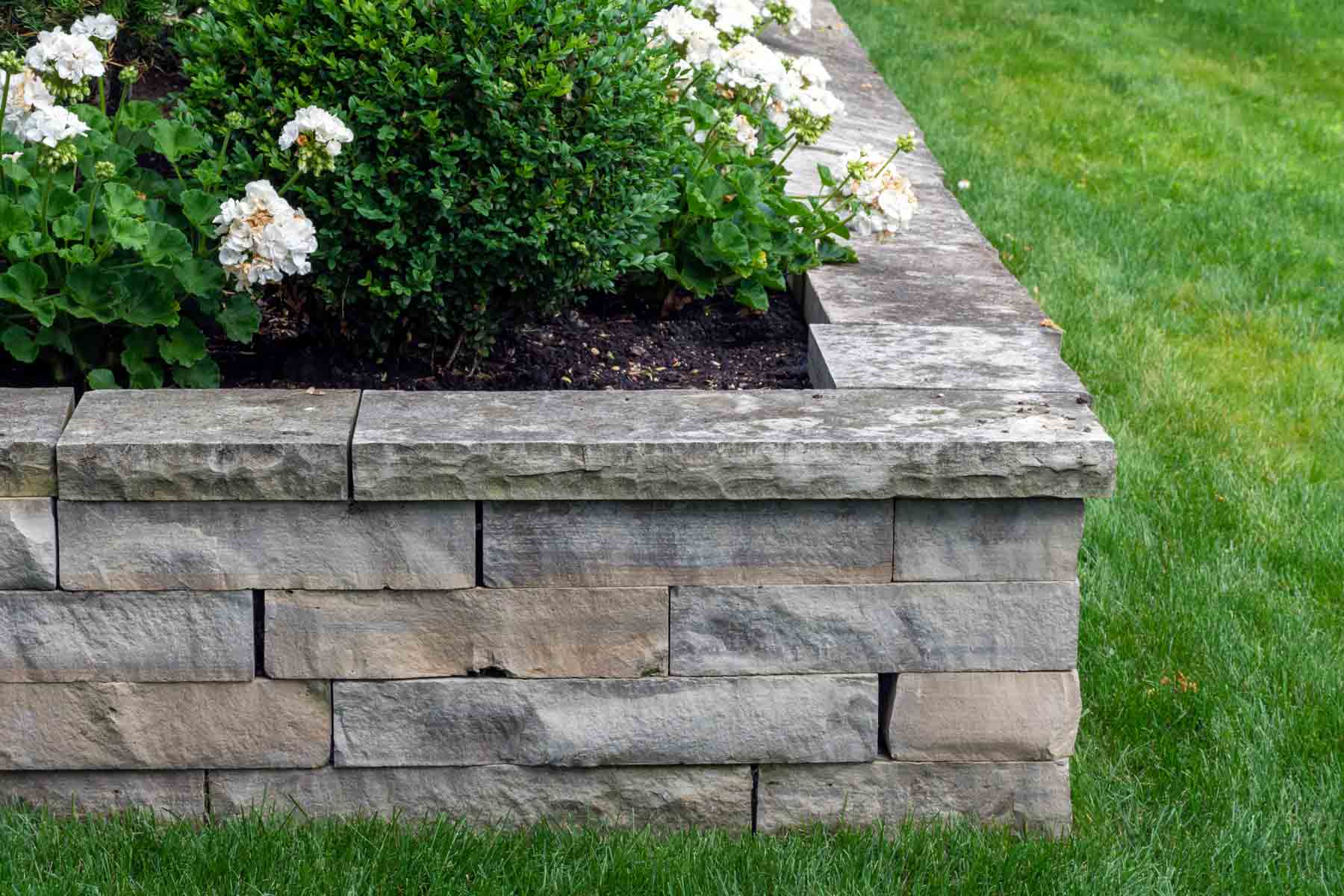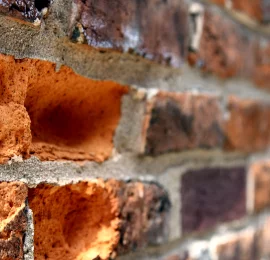Trustworthy Tuckpointing Services for Restoring Brick and Rock Surfaces
Trustworthy Tuckpointing Services for Restoring Brick and Rock Surfaces
Blog Article
Unlocking the Tricks of Sustainable Stonework Building Practices for Eco-Friendly Structures
Amongst the myriad techniques to eco-friendly building, sustainable masonry construction stands out as a time-tested and resilient approach that holds a riches of untapped possibility. From the selection of products to cutting-edge construction methods, the keys to accomplishing sustainability within stonework construction are diverse and appealing.
Benefits of Sustainable Masonry Building
Embracing lasting stonework construction methods not just decreases environmental impact yet additionally uses long-lasting financial benefits to builders and areas. By utilizing materials like recycled bricks, obstructs, and stones, builders can considerably decrease the carbon impact of their tasks while advertising resource performance. Additionally, sustainable masonry building and construction techniques, such as appropriate insulation and thermal mass residential properties, can improve power performance within buildings, leading to minimized operational expenses in time.
Moreover, the resilience and resilience of masonry structures add to long-term financial benefits. Structures constructed using sustainable stonework methods usually need much less maintenance and repair, converting to cost savings for builders and home owners. The durability of stonework materials likewise guarantees that structures remain stable and safe, reducing the requirement for frequent restorations or substitutes.
Eco-Friendly Masonry Materials
Making use of green stonework products is a critical step towards boosting the sustainability of construction practices and decreasing ecological effect while making the most of lasting economic benefits. Sustainable masonry materials are sourced, created, and utilized in a manner that decreases overall environmental influence. Materials such as recycled blocks, reclaimed rock, and sustainable cinder block are coming to be progressively prominent choices for eco-conscious builders. Recycled blocks, for instance, not just divert waste from land fills however additionally require much less energy to generate contrasted to new blocks. Reclaimed stone uses an unique visual appeal while reducing the requirement for new quarrying. Lasting concrete blocks incorporate recycled accumulations and might feature improved insulation residential properties, adding to energy effectiveness in buildings.
Furthermore, natural materials like adobe, rammed planet, and straw bales supply excellent thermal mass residential or commercial properties, lowering the demand for heating and cooling power. These products are frequently in your area readily available, advertising regional economies and reducing transportation-related carbon discharges. By selecting environmentally friendly masonry materials, building tasks can dramatically reduce their ecological impact and add to the creation of healthier, a lot more sustainable developed environments.
Energy-Efficient Stonework Techniques
Energy performance plays a critical duty in boosting the sustainability of stonework construction practices. By carrying out energy-efficient stonework techniques, builders can significantly lower the overall energy usage of a structure, leading to reduced functional costs and a smaller sized ecological footprint. One essential energy-efficient masonry technique is the use of thermal mass, which entails incorporating thick products like concrete or brick into the building's structure to absorb and save heat. This assists regulate interior temperature levels, decreasing the demand for mechanical home heating and cooling systems.

Technologies in Sustainable Masonry
Current developments in lasting masonry methods have actually produced innovative strategies that are reshaping the building and construction sector. One such technology is the growth of self-healing concrete, which makes use of microorganisms installed within the concrete to recover splits autonomously. This innovation not only lowers upkeep prices yet also enhances the durability of masonry structures, adding to their sustainability.
One more remarkable advancement is using recycled accumulations in stonework building and construction - masonry contractor. By incorporating products such as crushed ceramic waste or recycled glass right into concrete blends, builders can decrease the environmental effect of visit here building tasks while preserving architectural integrity. This practice not only draws away waste from landfills however likewise conserves natural deposits, making it a crucial innovation in sustainable masonry building and construction
Moreover, the combination of electronic design devices, such as Building Details Modeling (BIM), is transforming the method stonework structures are intended and constructed. BIM permits more precise computations, reduced product waste, and boosted power performance, ultimately resulting in more lasting building techniques. These technologies jointly signify an encouraging future for lasting stonework construction in the age of environmentally friendly structures.
Future Trends in Stonework Sustainability
With the ingenious strides made in sustainable masonry practices, the future trends in stonework sustainability are positioned to more change the building market. One of the key fads shaping the future of masonry sustainability is the increased integration of innovation. Innovations such as Building Details Modeling (BIM) and digital reality simulations are being used to enhance stonework construction processes, causing minimized product waste and improved energy efficiency in buildings.
In addition, the development of unique sustainable products is readied to play a considerable function in improving the eco-friendliness of stonework building and construction. masonry contractor. Technologies like self-healing concrete, recycled aggregates, and bio-based binders are getting grip for their capability to minimize environmental effect visit this site while keeping structural stability

Conclusion
In conclusion, lasting stonework construction methods supply many benefits for environmentally friendly structures. masonry contractor. Technologies in sustainable stonework are constantly being developed to further improve the environmental browse this site efficiency of structures.
Report this page